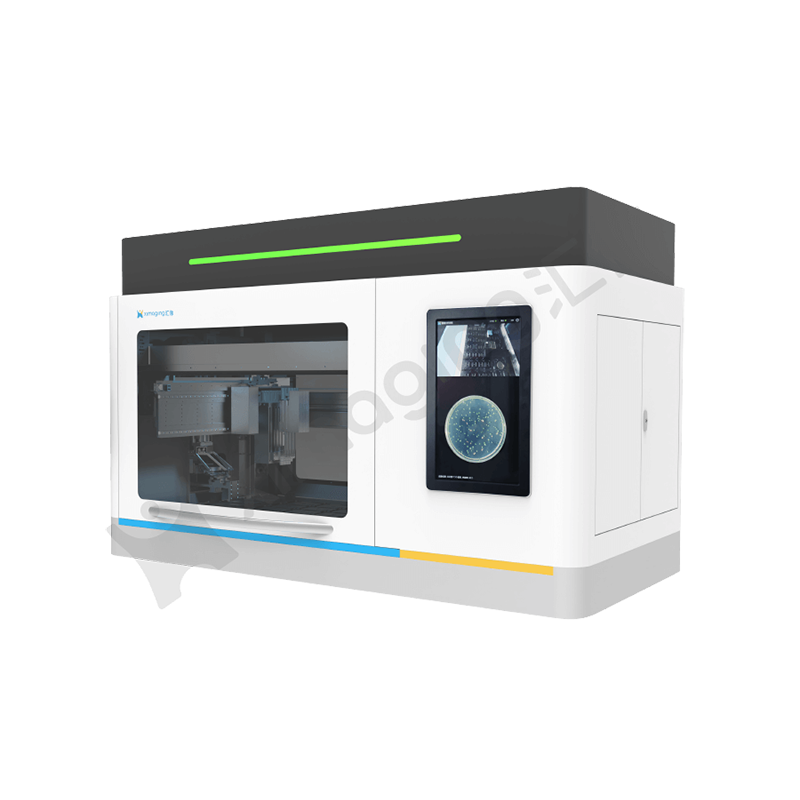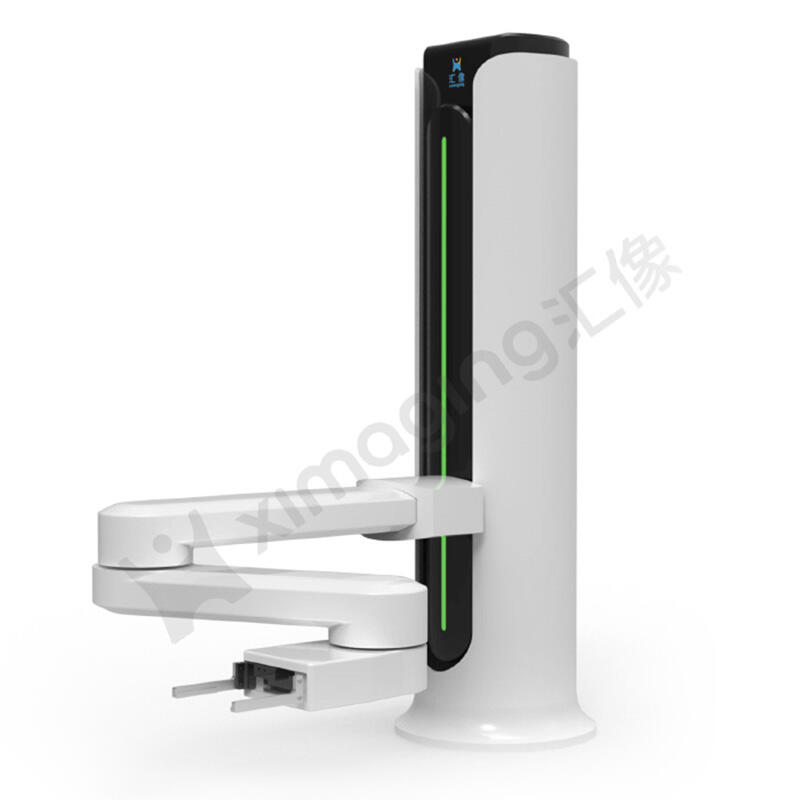Another benefit of using machines in labs is that they save time and help avoid errors. For instance, this provides a way for scientists to use specific machines to fill liquids fast and accurately rather than following the manual process. It not only saves time but also avoids human errors, making the results more reliable.
Lab machines help scientists work faster and more accurately. Automation technology assists in ensuring that experiments are performed in a consistent manner every time, lending itself to more reliable results. This becomes really crucial in scientific research where even small errors can lead to monumental issues.
Processing data up to October 2023, for instance, can help scientists keep better track of their samples to avoid mixing them up or mislabeling them. This prevents errors and saves time wasted correcting them. Finally, automation technology can allow scientists to process their data faster and more accurately, which means new discoveries can be made quicker.
Staying productive is crucial in todays competitive scientific world. In labs, machines can assist scientists with their work by making it simpler and faster. By making use of machines for slow tasks, researchers can now put more focus on the most important parts of their work, resulting in better outcomes.

Sample-handling machines, for example, can automate the preparation of samples so that scientists can process many samples in a short time. This allows researchers to meet deadlines and stay ahead of the competition in their field. Moreover, automation technology can improve collaboration among the scientists by distributing information and results instantly.

For instance, robotic systems are now able to perform complex experiments that would have been impractical only a few years ago. It also creates new opportunities for research and discovery, allowing scientists to make significant strides in various fields. Integrating automation technology is evolving the way we work as scientists and enabling us to test many more of our ideas and make discoveries once deemed too challenging.

For example, specialized software can assist scientists in analyzing and comprehending massive data sets more quickly and accurately than ever before. This may give rise to fresh ideas and discoveries that were not noticed previously. In addition, since the automation technology enables immediate exchanging of information and results, it allows scientists to collaborate more easily.